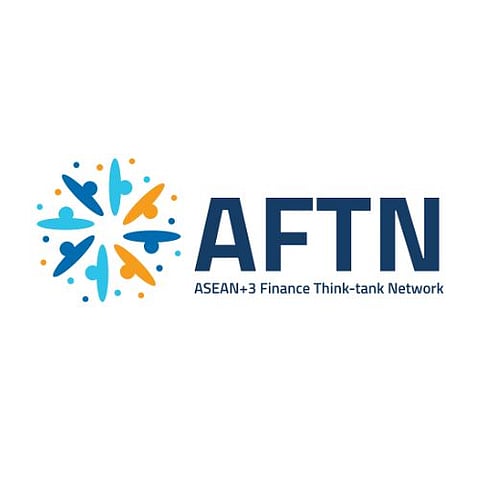
- NEWS
- the EDIT
- COMMENTARY
- BUSINESS
- LIFE
- SHOW
- ACTION
- GLOBAL GOALS
- SNAPS
- DYARYO TIRADA
- MORE

The ASEAN+3 Macroeconomic Research Office on Friday launched the ASEAN+3 Finance Think-tank Network or AFTN to gather insights on ensuring that the banking industry in the region is stable and resilient against climate change and economic shocks.
The Bangko Sentral ng Pilipinas said AMRO's member-states in the Association of Southeast Asian Nations or ASEAN, together with Hong Kong, China, Japan and South Korea, signed a memorandum of cooperation requiring them to conduct talks, collaborative research, and adoption of technologies linked to growing economic concerns and banking issues in the future.
"Over the past few years, the region has experienced systemic and exogenous shocks of varying forms. These include geopolitical concerns, intensifying effects of climate change and a pandemic," BSP Governor Eli Remolona Jr. said.
Venue for information exchange
"This network will serve as a venue for information exchange and regional research mobilization. I personally look forward to BSP's active participation in the Network," he added.
As Philippine representatives to the AFTN, the BSP, through its Research Academy and the Philippine Institute for Development Studies, will work together to determine trends and solutions to local socio-economic problems.
Remolona said these problems include the lack of access by the poor and small business owners to digital finance and cybersecurity tools and information, and green financing of climate-change mitigation projects.
Initial results of a BSP study on climate change in 2021 show extreme weather conditions negatively affect the growth of deposits and loans, loan quality and profitability of banks.
Loan payments delayed
The BSP said there are several reasons for this. Bank clients may delay loan payments as they prioritize rebuilding of property and health damaged by typhoons, or accumulate losses due to unsustainable business practices using limited resources like coal instead of solar energy.
Food and other related businesses may also fail to pay loans promptly as drought also lowers agricultural production.
Drought could worsen The Intergovernmental Panel on Climate Change estimated drought could worsen by 5 percent to 20 percent in Southeast Asia, resulting in an economic loss of over $97.3 billion.
To expand financial services to poor communities, BSP and its partner private banks have been offering financial literacy classes online.
The BSP has been urging traditional and digital banks to remove service fees for low-amount deposits and loans so poor families can start building wealth and credit history for more financial aid in the future.
